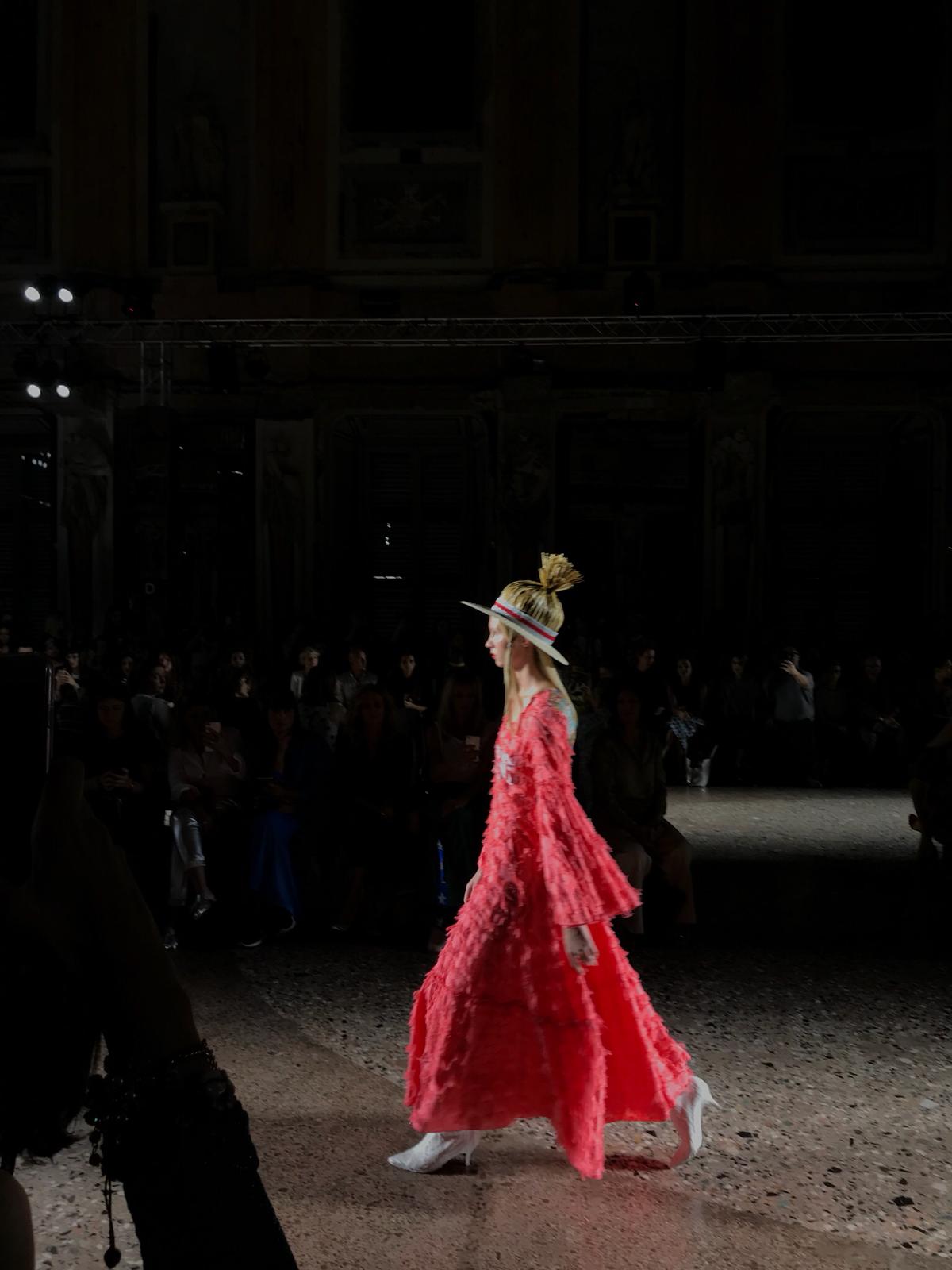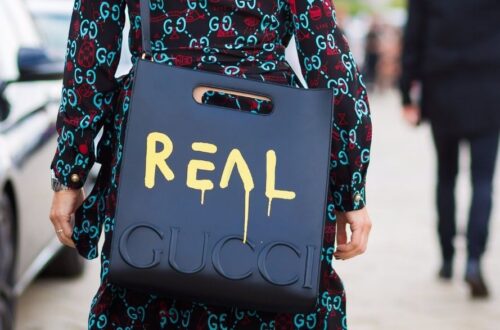 There’s a movement going on. A movement within the fashion industry where people have collectively chosen to take a stand against big fast fashion brands and ask the million dollar question: Who made my clothes?
There’s a movement going on. A movement within the fashion industry where people have collectively chosen to take a stand against big fast fashion brands and ask the million dollar question: Who made my clothes?
In August 2014, a garment factory in Rana Plaza collapsed, killing more than 1,134garment workers. Workers who had families, friends, children, partners. So this is a revolution synonymous not only with protecting the environment but also the people behind our 3$ garments.
“The True Cost” is a documentary that can be found on Netflix, and the first thing anyone involved in the slow-fashion movement will recommend to the “newcomers”. Not only is the documentary very eye-opening about the ways the fashion industry works but it also reveals the inhumane conditions garment workers face and has been the beginning of a change of mind for those who watch it.
People are taking a stand. A stand against fast fashion. However, is it actually making a change? As we get more and more get educated on the truth behind our Zara, H&M ,Zaful , Primark and COS clothing, logic says those brands will keep losing customers…or will they? Will consumers be willing to stop buying from those brands, or will they turn a blind eye and continue following their old consumption patterns due to ease and affordability?
More and more articles talk how socially aware millennials are and even go so far as to claim that we’re changing the market- shopping from smaller brands (the rise of the instagram brand does point towards that theory), choosing sustainability over environment destruction and now maybe choosing quality over quantity and fair working conditions over consumption ease. Brands seem to be chasing what millennials want, so if that is the case,we might be able to make a change sooner than later. Will millennials manage to shake the foundations of fast fashion companies and give fashion a push towards a more sustainable and ethical direction?
 And this isn’t the first time we (consumers) have turned against fast fashion brands because of their…bold moves and lack of ethics. The allegations against those fast fashion giants for copying designs and stealing the work of young artists have been numerous and have all been swept under the mat in a matter of days- or even weeks. When we’re not the victims of the cruelties of the fast fashion world, we seem to have the memory of a goldfish. The times we’ve all pled to stop shopping from a brand in the name of ethics, yet have returned to their racks in the name of ease are something we’re all guilty of.
And this isn’t the first time we (consumers) have turned against fast fashion brands because of their…bold moves and lack of ethics. The allegations against those fast fashion giants for copying designs and stealing the work of young artists have been numerous and have all been swept under the mat in a matter of days- or even weeks. When we’re not the victims of the cruelties of the fast fashion world, we seem to have the memory of a goldfish. The times we’ve all pled to stop shopping from a brand in the name of ethics, yet have returned to their racks in the name of ease are something we’re all guilty of.
I’m getting ahead of myself, I know. Claiming that millennials will lead to the fall of fast fashion giants is far from realistic. However, hoping that awareness will lead to some changes -even small ones- on the fast fashion model, doesn’t sound that far fetched, does it? Although the slow fashion movement is still small, more and more influencers, Youtubers and even celebrities have been using their platform to educate people on the consequences of their shopping habits. Maybe, just maybe, it isn’t that crazy to think that change might be on its way.
by Ira Tassouli






